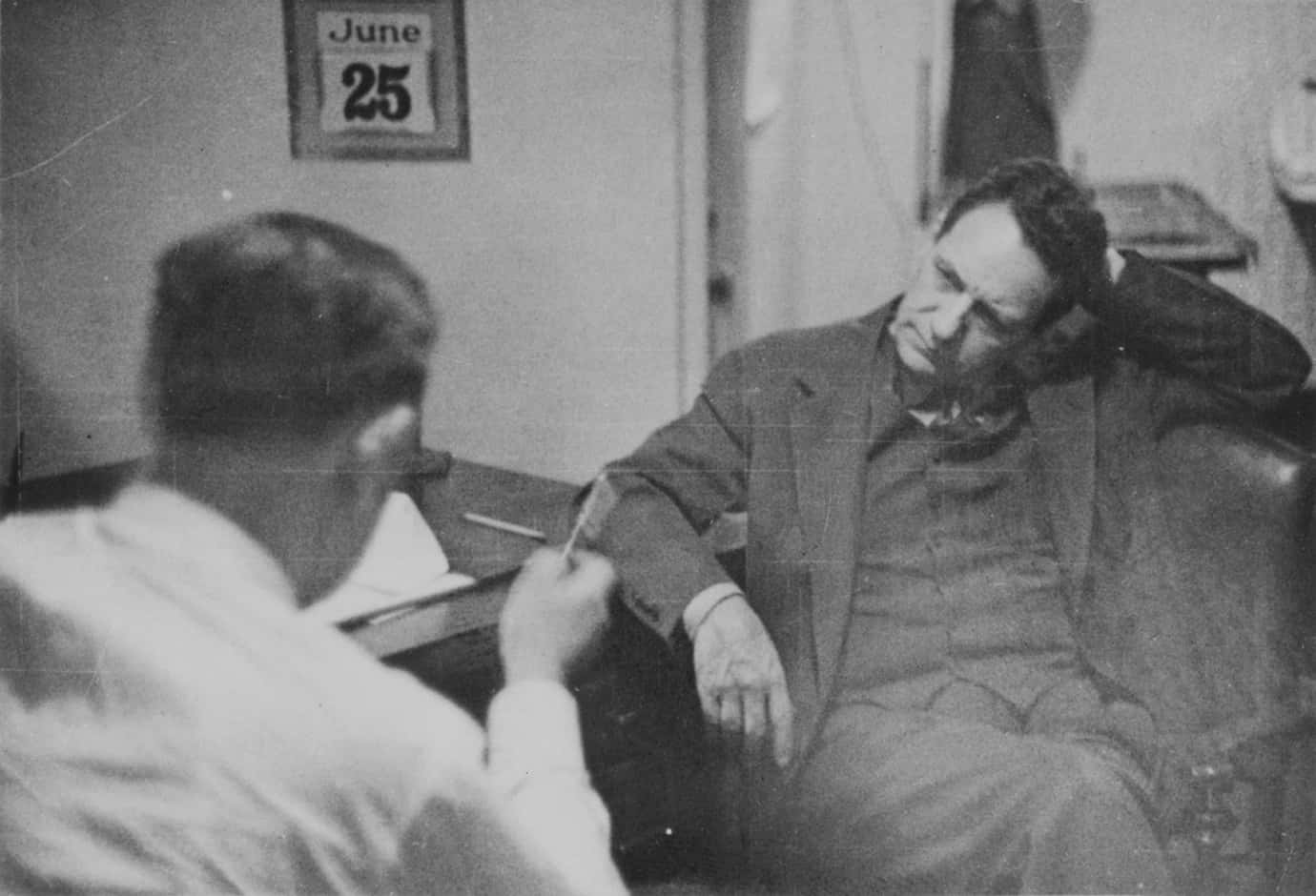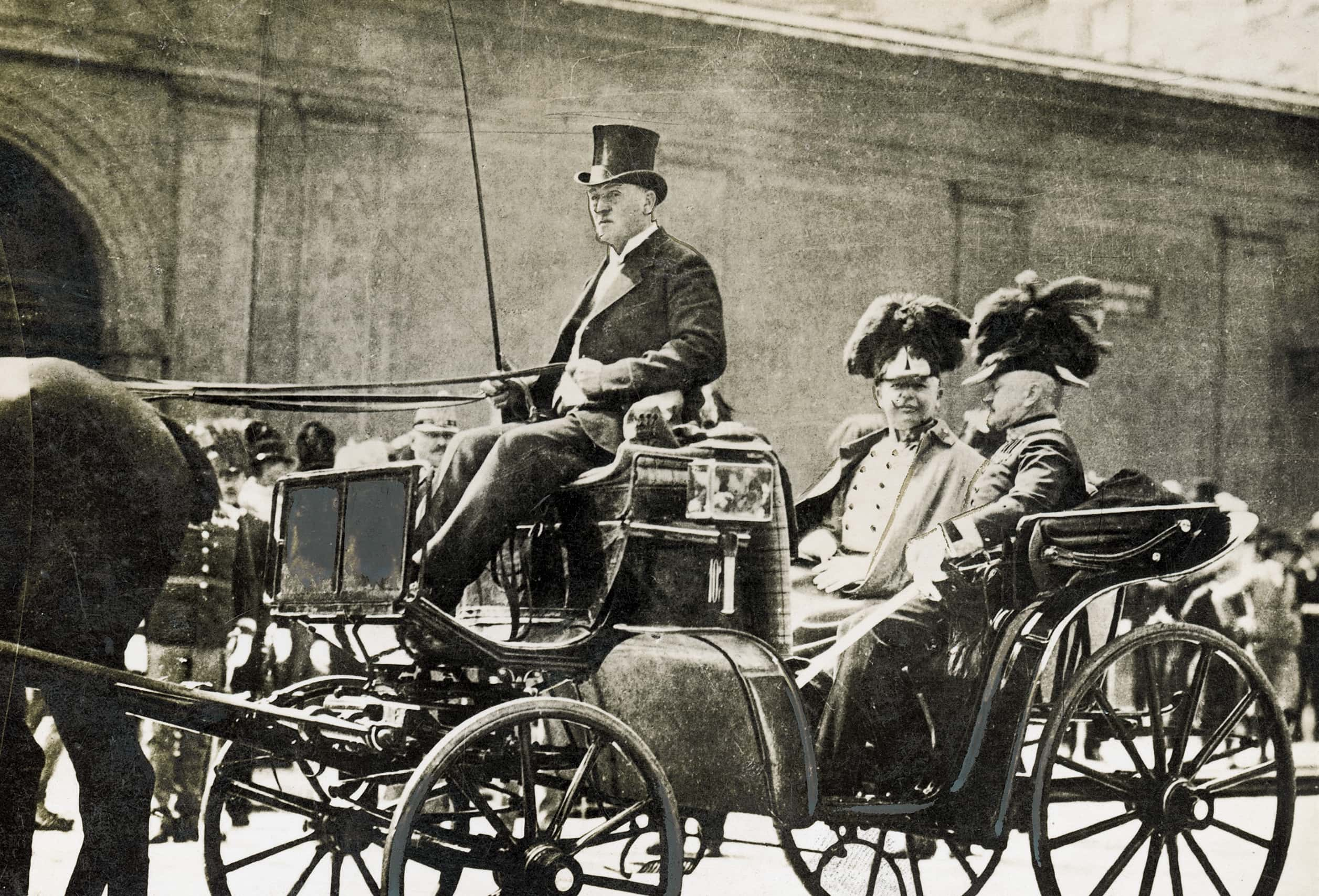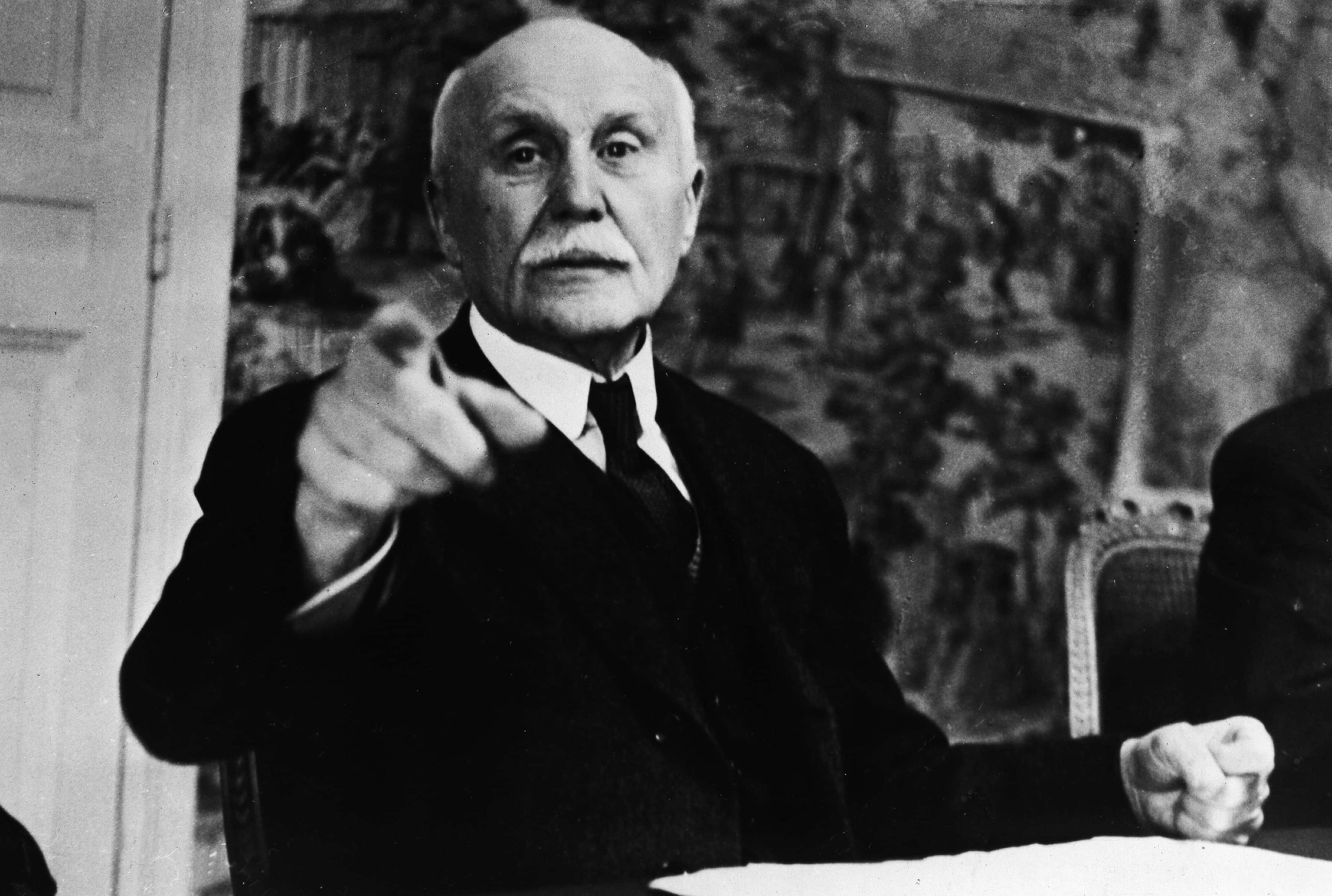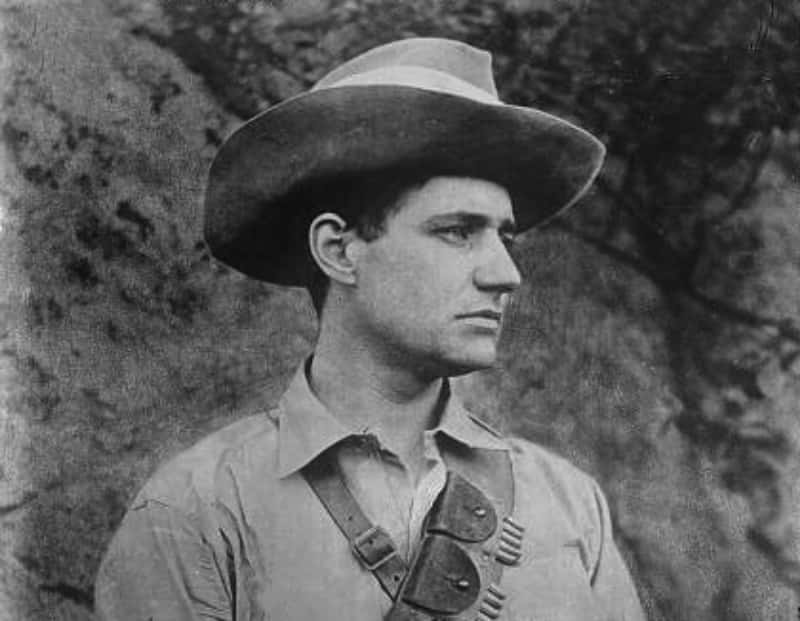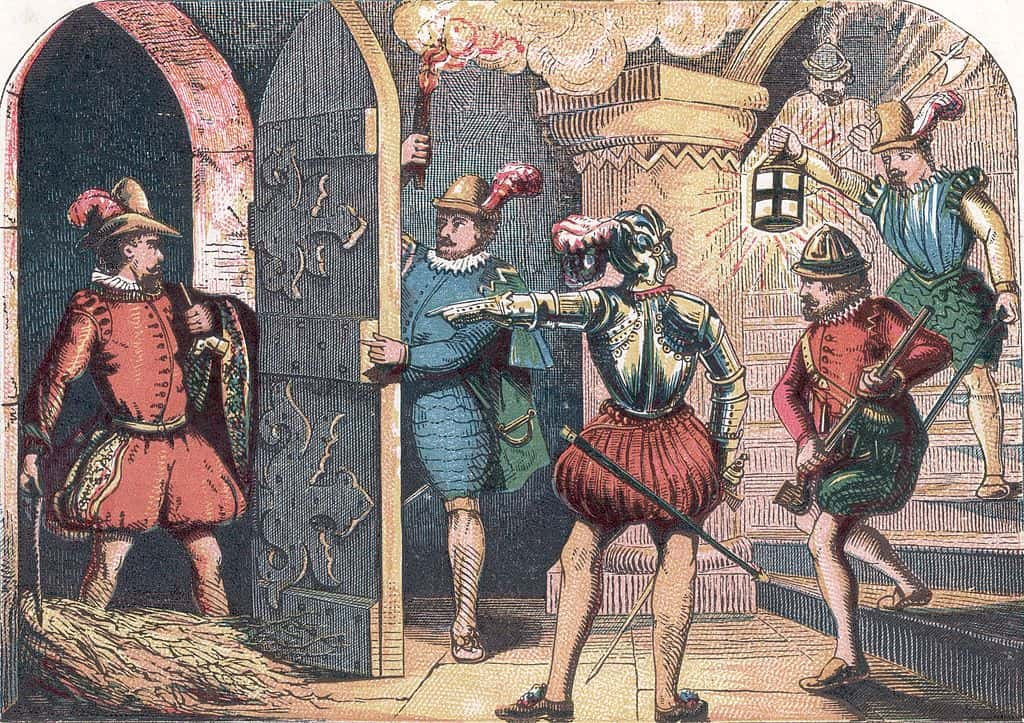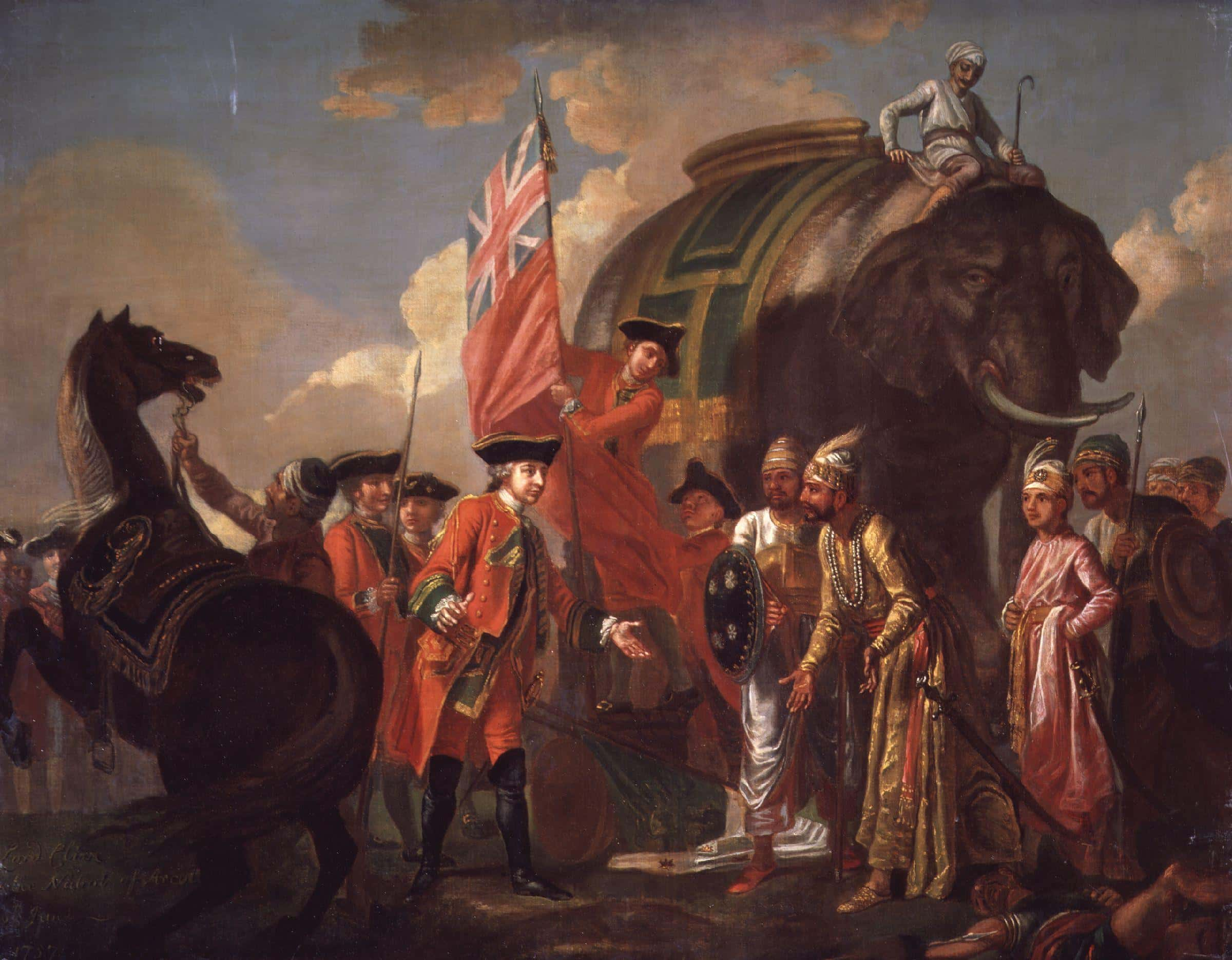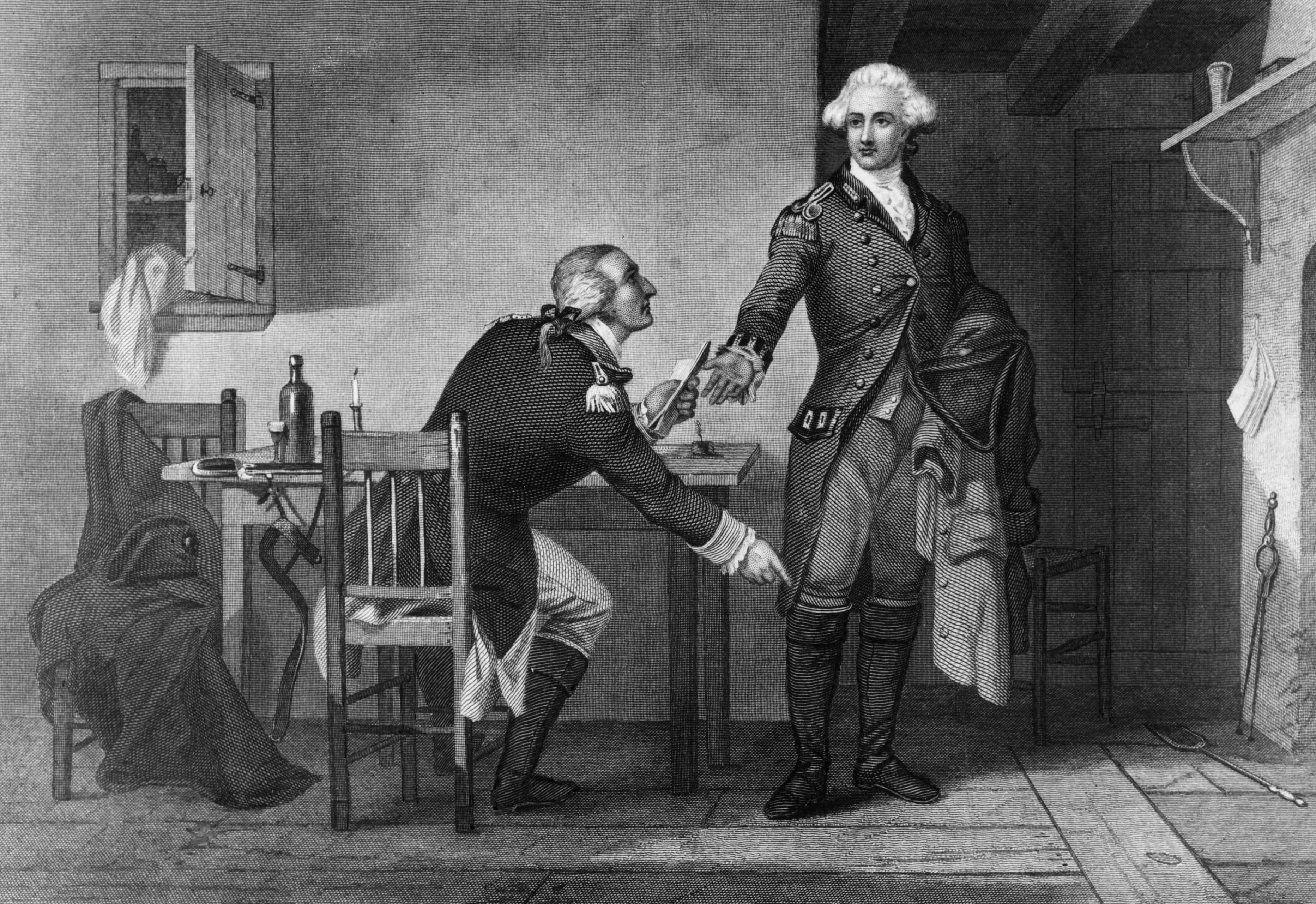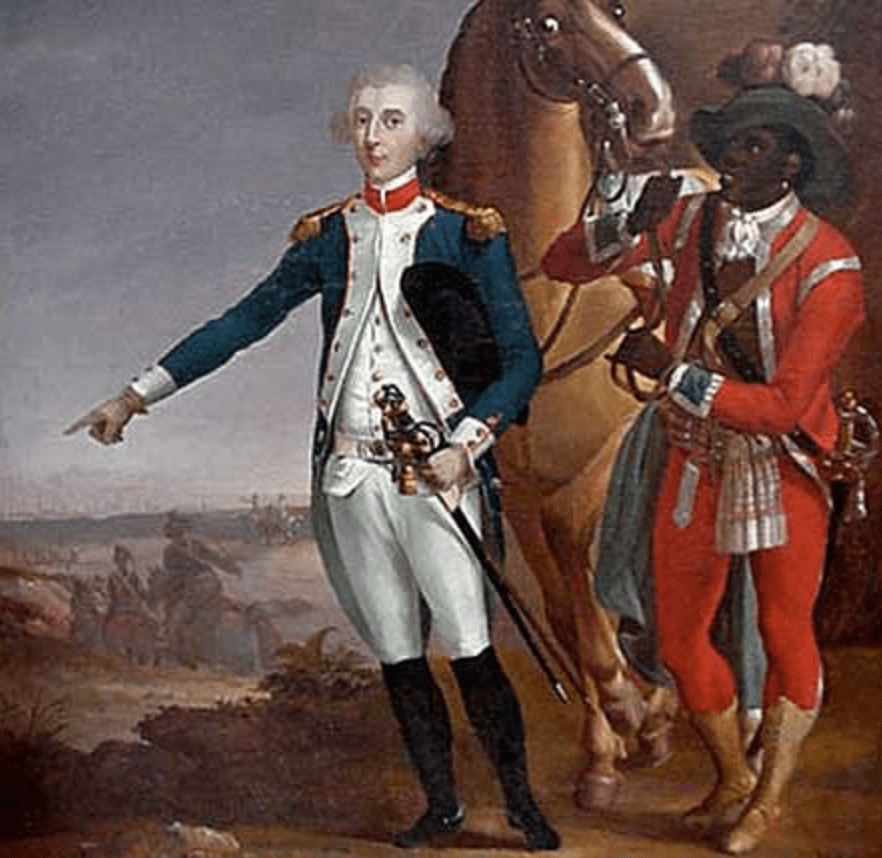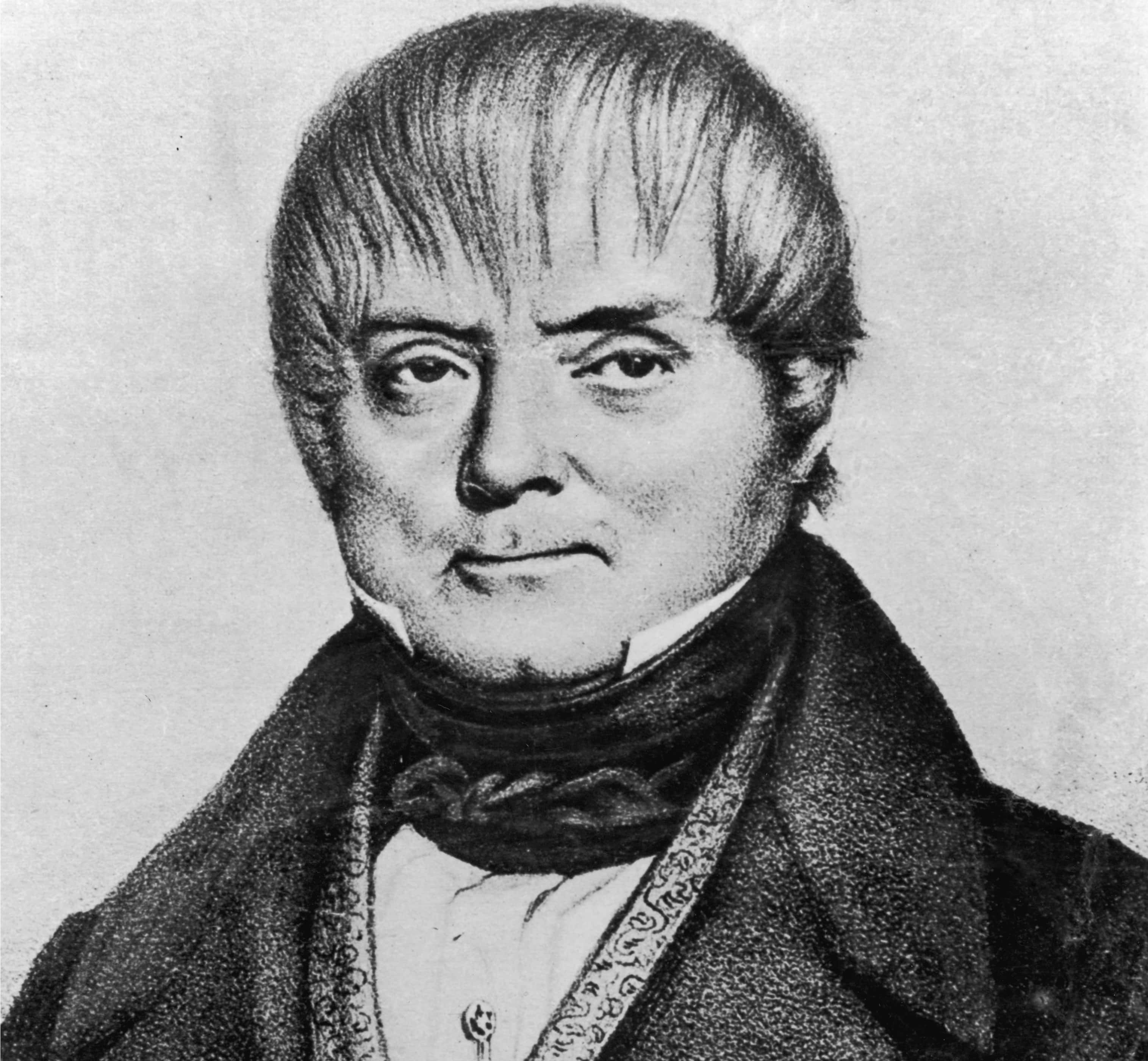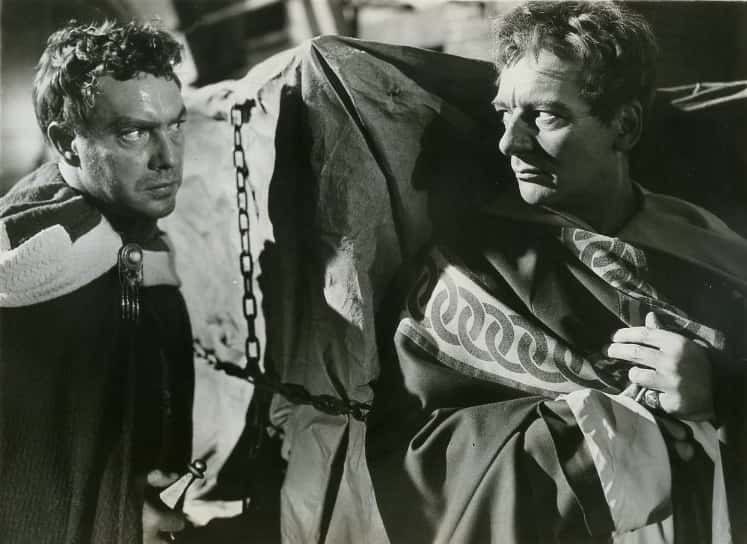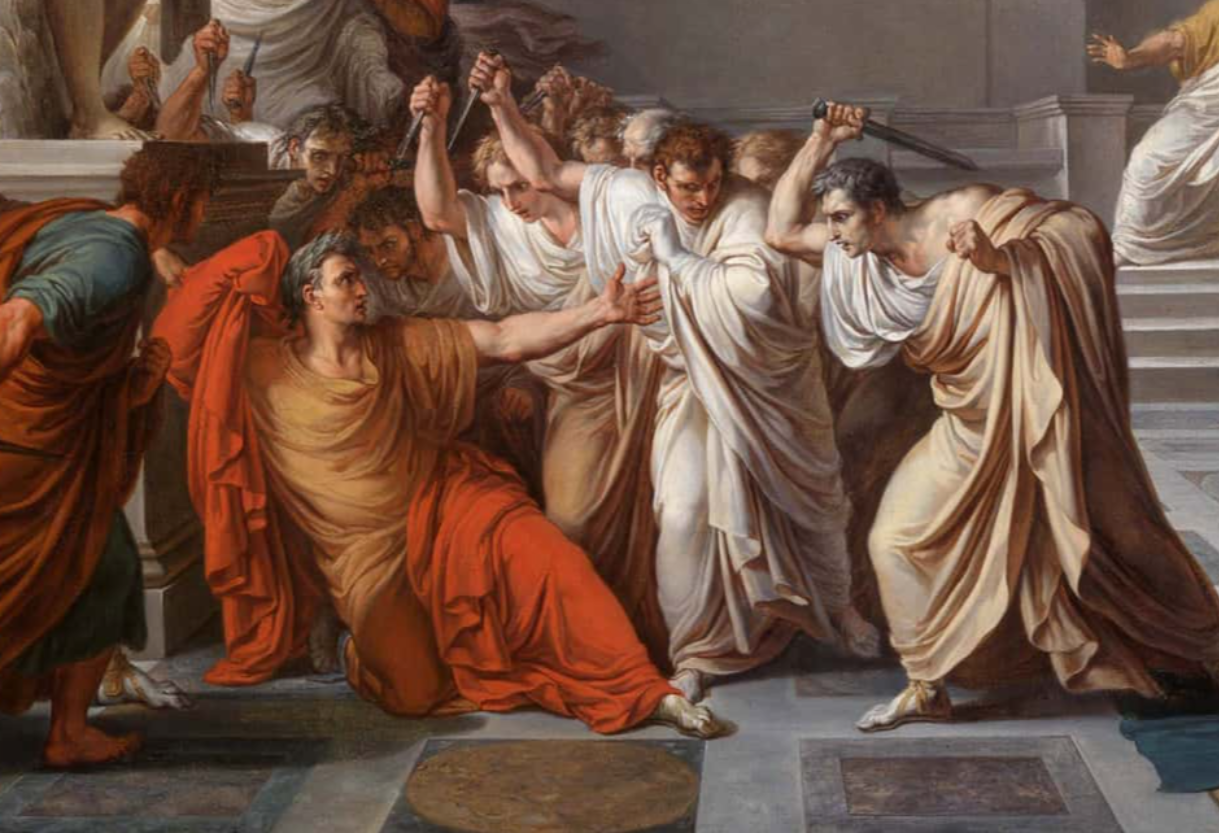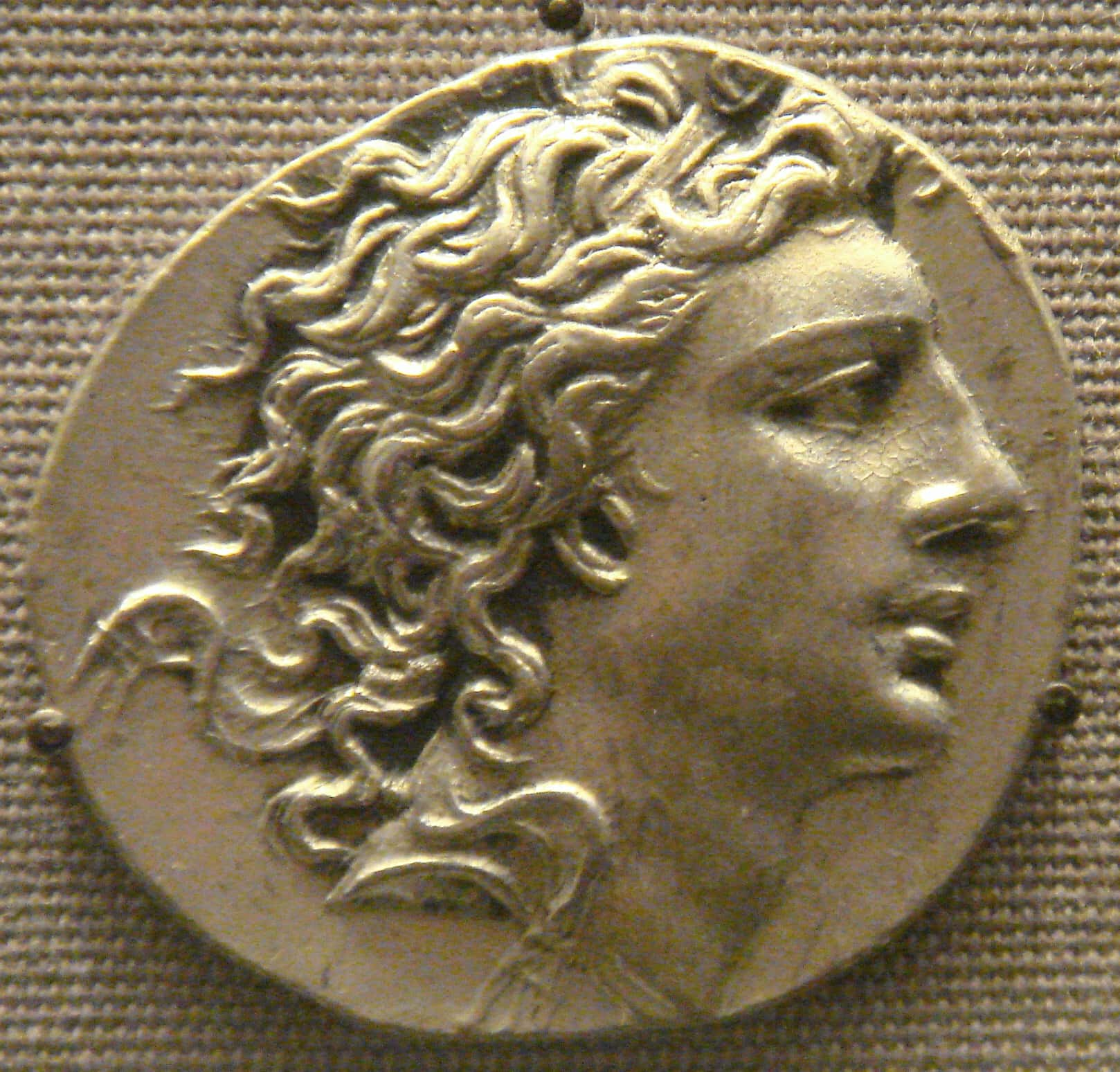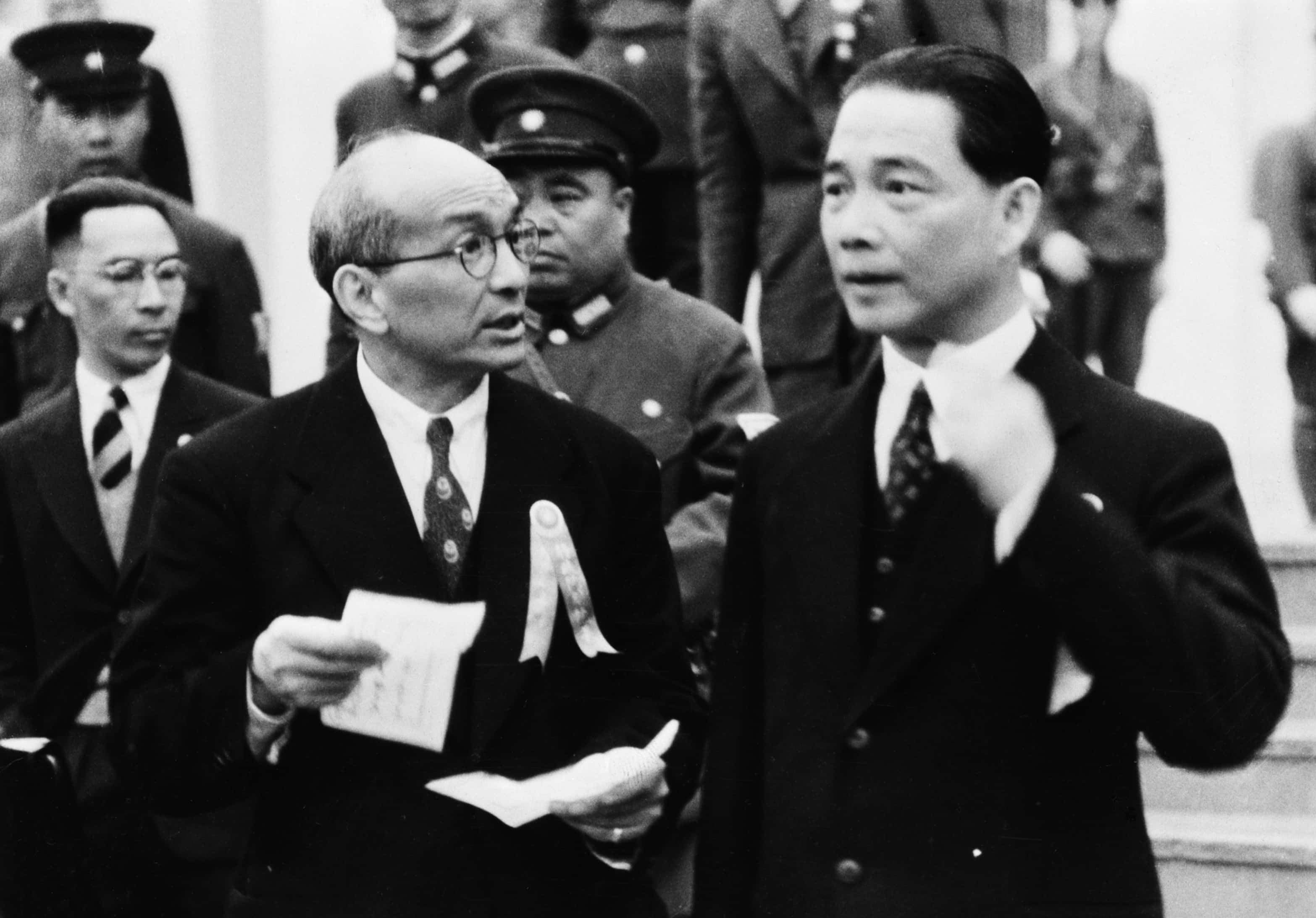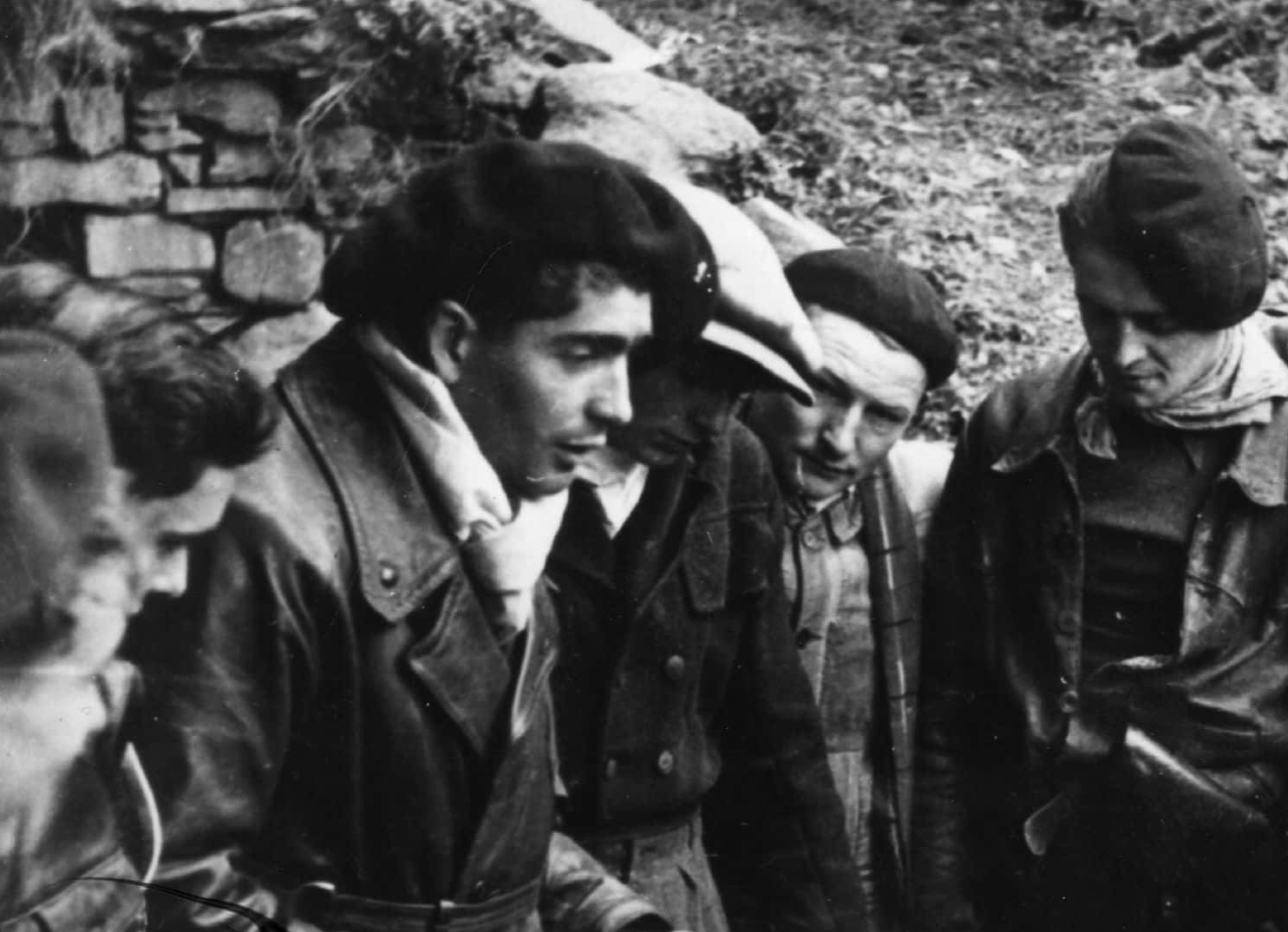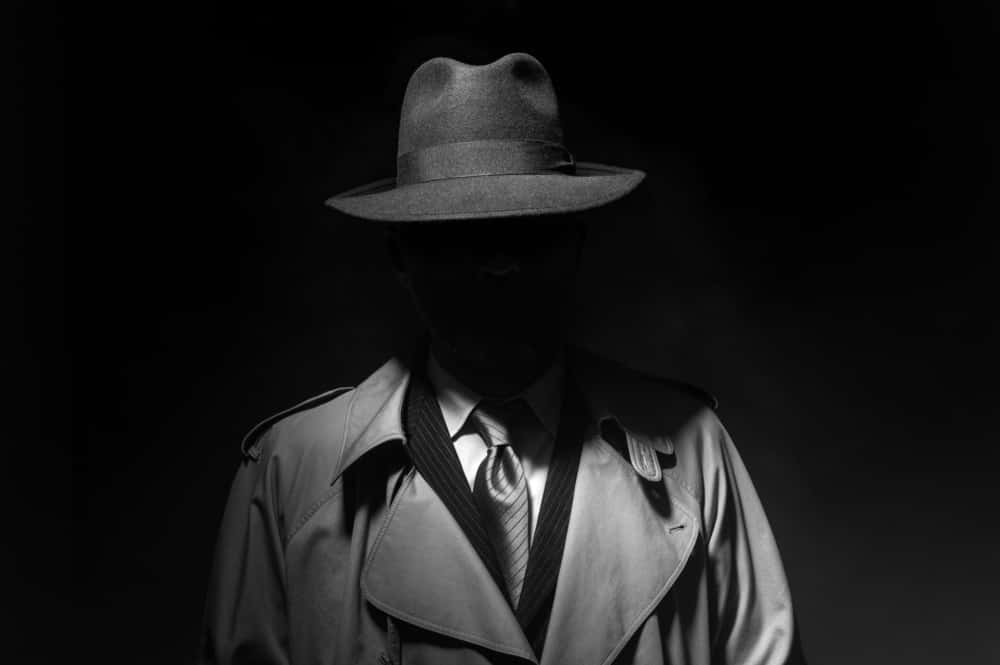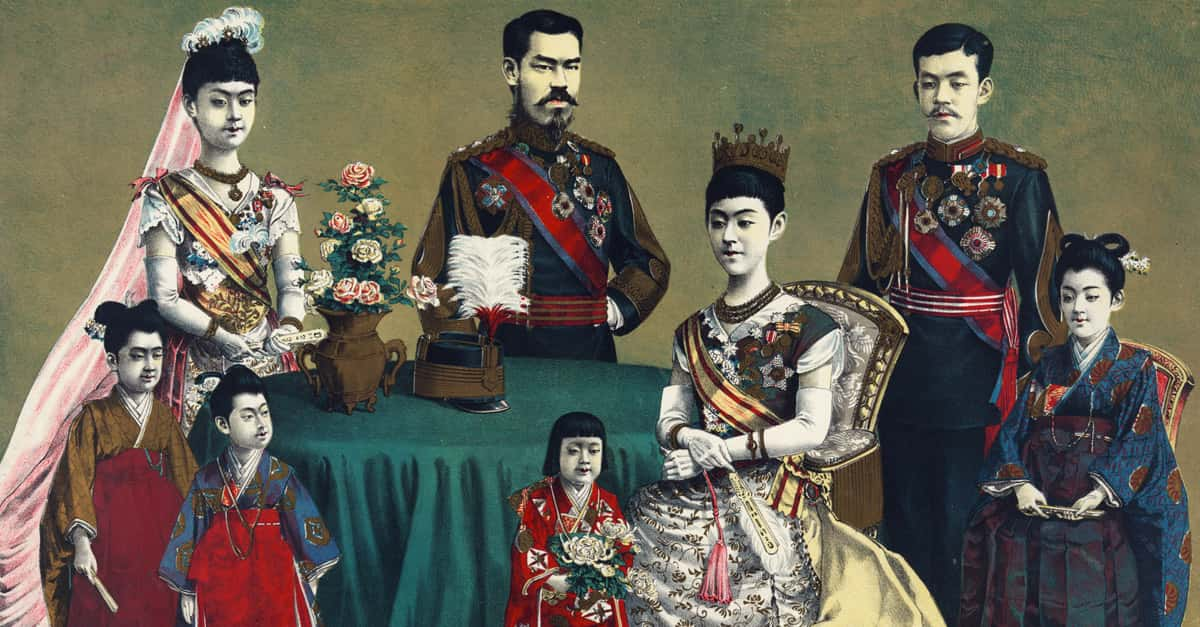“To me, the thing that is worse than passing is betrayal. You see, I could conceive passing, but I could not conceive betrayal". —Malcolm X
“Betrayal is the only truth that sticks". —Arthur Miller
Battles are won and lost not just due to great leaders and the efforts of heroes, but from spies as well. Information is a key element of battle, and those who control that information usually come out victorious. Spies and their betrayals have had incredible impacts, shaping the world we live in today.
1. Shaken, Not Stirred
Said to be a source of inspiration for James Bond, Sidney Reilly is alleged to have spied for four separate countries in the early 20th century. While much of his influence is of great mystery, we do know that he played a great role in many of the wars during his time and repeatedly thwarted the Russians. The “Ace of Spies” was captured and executed by the Russians in 1925.
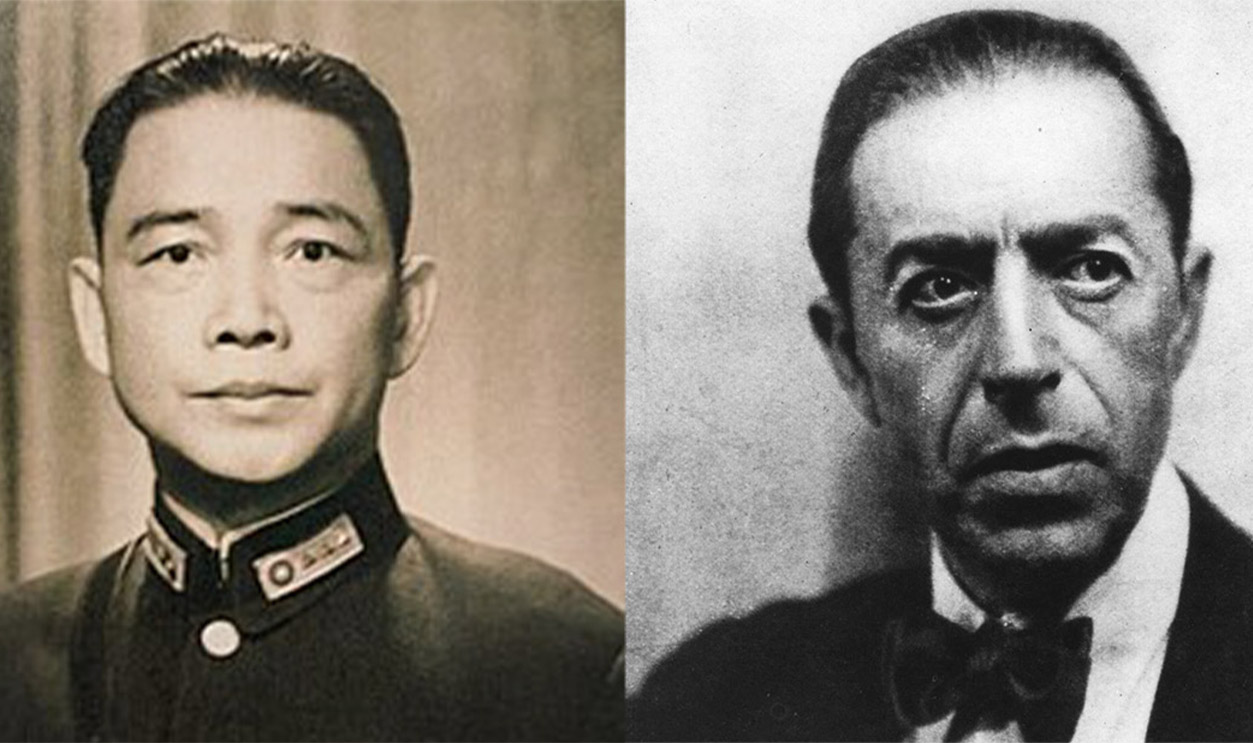
2. A Nuclear Arrangement
One of the scientists behind the Manhattan Project, Theodore Hall was also an atomic spy for the Soviet Union. He gave the Soviets the details surrounding the development of the “Fat Boy” device as he did not feel comfortable with one country having a nuclear monopoly. Hall was not caught but obliquely confessed on a couple of occasions.
3. Double Trouble
William Sebold was the man behind the capturing of the Duquesne Spy Ring, the largest espionage conviction case in U.S. history. Sebold was originally thought to be a German spy during WWII. Actually a double spy, he helped the FBI find the primary communications channel of German spies in New York, which helped the US identify the spies among them.
4. Arch-Traitor of the Habsburgs
Perhaps responsible for the largest number of deaths of his own countrymen, Alfred Redl was an Austrian army officer in the early 20th century who spied for the Russians. He sold secrets about army plans and supplied information about Austrian agents to the Russians, which led to half a million Austrian deaths. A leading figure in the lead up to WW1, he ultimately committed self-immolation in 1913 after his betrayals were discovered.
5. The French Hero
A traitor of the highest caliber, Marshal Pétain was a army hero during WWI but went on to lead the German-aligned Vichy regime in France during WWII. Pétain signed an armistice with Germany and would collaborate with the Nazis on every level early in the conflict, going so far as rounding up Jews and sending them to concentration camps.
6. The Man of Many Names
Fritz Joubert Duquesne, the German spy behind the infamous Duquesne Spy Ring, is one of the most successful con men in history. He was responsible for acquiring human intelligence and performing sabotage missions during times of battle. He managed to evade imprisonment several times. Duquesne had at least 30 aliases between the Boer Battlle to his end.
7. Remember, Remember, the 5th of November
After converting to Catholicism, Guy Fawkes turned on England and fought for the Spanish in the Eighty Years’ Conflict. Upon returning to London, he became involved with The Gunpowder Plot to assassinate King James I, a Protestant king, by blowing up the house of Parliament; Fawkes and his co-conspirators wanted to return the throne to a Catholic ruler. The plan was eventually exposed, and Fawkes became a symbol for Treason in England.
8. The Magic Lamp
Perhaps the key to British colonial rule over India, Mir Jafar was head of the Bengal army during the 18th century and desired to be the Nawab of Bengal. Before the Battle of Plassey, Jafar agreed to hold his army back and not support the Indian forces against the English. This ensured a British victory, and Jafar was put on the throne of a puppet government.
9. How Could You Do Me Like That?
The most famous American traitor, Benedict Arnold was one of the most successful American generals during the Revolutionary Battle. However, after not receiving his due credit, he felt disdain for the Americans and sold West Point to the British. He eventually joined the British and led raids against the Americans, although later in life he lamented his actions.
Benedict Arnold, standing
10. A Great Betrayal
James Armistead was the first African-American double agent spy—he was also a slave. In 1781, Armistead gained the trust of the Brits while acting as a British spy, all while he gathered information about the UK's Army plans to send to the Americans. Armistead also played a critical role in the American victory at the Battle of Yorktown, which changed the trajectory of the battle.
11. Doing The Dirty Work
An informant for Napoleon during the Napoleonic Wars, Karl Schulmeister was originally an Austrian spy before turning into a double agent for the French. Deployed all over the continent, his intel led to the capture and execution of the Duke of Enghien and was crucial for Napoleon’s triumph at the Battle of Austerlitz.
12. Malay Mission
A Dutch professor of Oriental cultures, Christiaan Snouck Hurgronje was one of the first Westerners to make the pilgrimage to Mecca; he faked his Islamic faith to infiltrate anti-colonial Islamic circles in Indonesia. With his help, the Dutch were able to quell the resistance during the Aceh Battle and impose further colonial rule.
13. Oh, Judas
We might as well begin with the most famous traitor of all, Judas Iscariot. The brand name of betrayal, Judas sold Jesus out for 30 pieces of silver and sealed the fate of the Western world with a kiss.
14. This Was Sparta
There isn’t much information Ephialtes of Trachis besides his infamous act of betrayal of his fellow Greeks. During the battle of Thermopylae, minimal Greek forces, including the famous 300 Spartans, were defending a pass from the Persians. Outnumbered by the thousands, they were holding their ground until Ephialtes showed Xerxes and the Persians a hidden path of access to Greek forces.
15. Cassius the Antifa
The moving spirit behind Julius Caesar’s end, Gauis Cassius Longinus was always against the rule of tyrants. After being captured by Caesar during the Great Roman Civil Battle, Cassius was shown mercy and appointed to a distinguished legate position. As Caesar grew more tyrannical, Cassius hatched an ending plot with the Senate, convincing many others to join him along the way. After the act, he fled to the east to raise an army but ultimately committed self-immolation after defeat to Mark Antony at the Battle of Phillipi.
16. Hold up...You too?
The nephew of Julius Caesar, Brutus was adopted by Caesar and had an intimate relationship with the ruler. After being convinced to join the ending plot, Brutus became the leader of the conspiracy to perish the dictator: Caesar was surprised and the plotters attack him 23 times before he bleed out.
17. It's in the Blood
After losing the Third Mithridatic Battle, Mithridates VI retreated and prepared to wage a new battle against the Romans. However, his son and planned successor, Pharnaces II, disagreed with his father’s intentions and plotted to dispose of dear old dad. After Mithridates’ army learned of the plans, they sided with Pharnaces and forced their ruler into self-immolation.
18. A Different Kind of Double-Cross
Francisco Pizarro was able to conquer the ancient Inca empire with only a few men, thanks to the aggression of gunpowder. After he captured the Emperor Atahualpa, Pizarro asked for a ransom, but went back on his word and ended the ancient King. Pizarro was later ended by the son of his former officer; the son felt his father had not been given enough credit in the conquering.
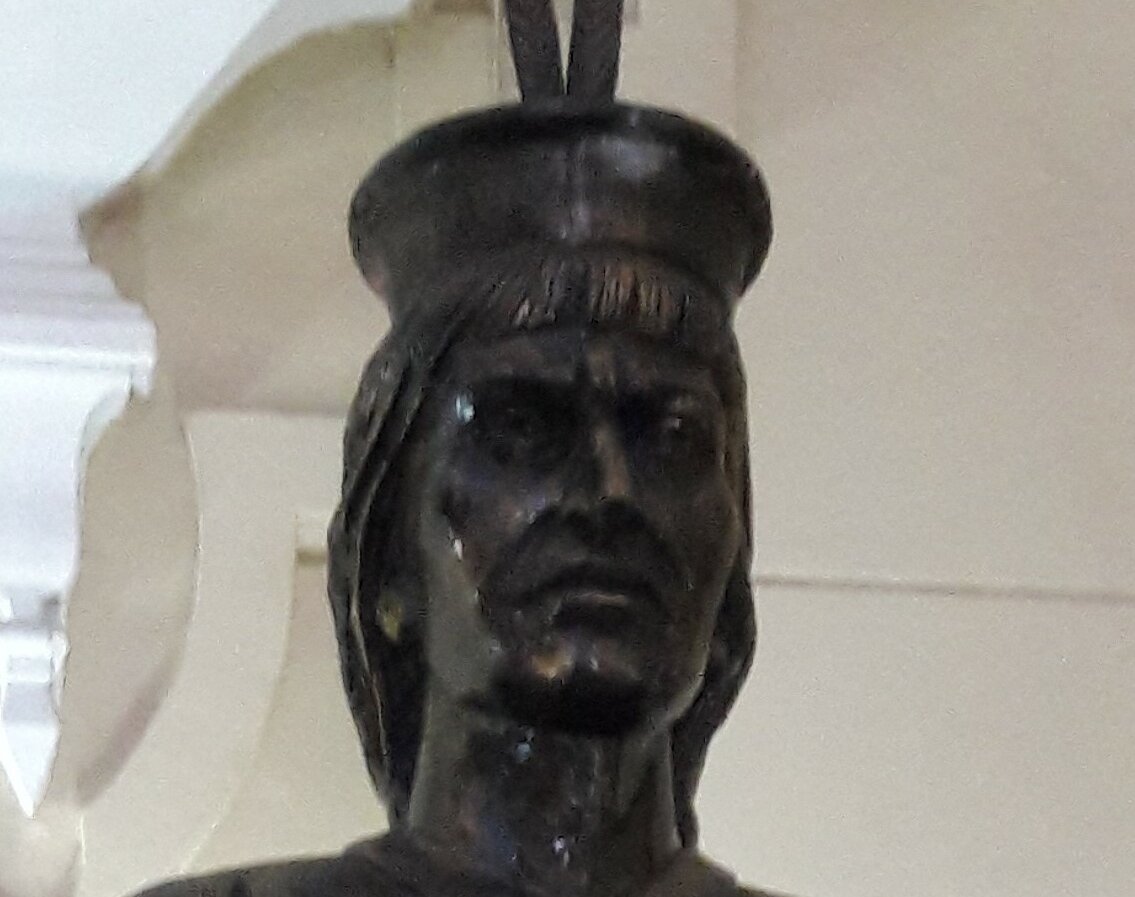 Fmurillo26, CC BY-SA 4.0, Wikimedia Commons
Fmurillo26, CC BY-SA 4.0, Wikimedia Commons
19. A National Puppet
Nationalist Norwegian bureaucrat Vidkun Quisling served as the Minister of Defense before founding the Nasjonal Samling (National Gathering) German party. After the Nazis invaded Norway, they implemented a puppet government run by Nasjonal Samling, and Quisling carried out many destructive acts through WWII before being executed after the defeat of the Nazis.
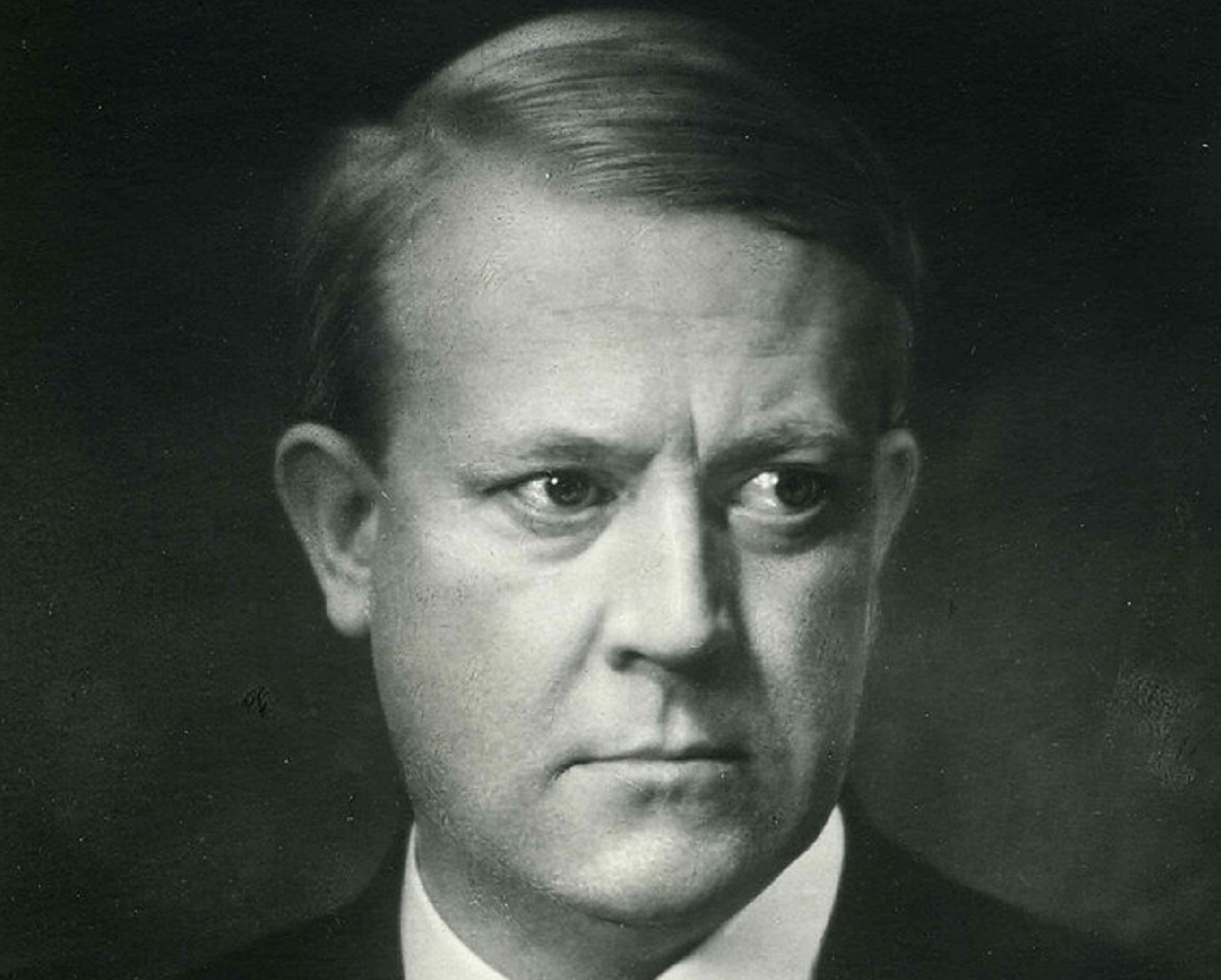 Riksarkivet, Wikimedia Commons
Riksarkivet, Wikimedia Commons
20. Luxurious Espionage
An American who spied for the Soviets, Aldrich Ames was a CIA counterintelligence officer who used his access to information as a way to fuel a life a luxury. He sold information on assigned U.S. intelligence agents deployed against the Soviet Union, as well as army intelligence, before being convicted of espionage in 1994.
21. Fickle Nationalism
Wang Jingwei is the name synonymous with treason in the East. Originally a member of the Nationalist Kuomintang party, he turned against his homeland of China after he was unable to become the leader of the party. After a Japanese invasion, he was appointed head of state for a Japanese puppet government.
22. A Cold Man
One of the builders of the French Resistance during WWII, Harold Cole was a British deputy commander who betrayed the Allied forces by divulging information about the Resistance to the German Gestapo. This led to crucial damage against the Allies, and after the conflict ended, Cole was hunted down and ended by the French Authorities.
23. Satellite of Treachery
Christopher John Boyce was an American who worked for the defense industry in the 1970s. After gaining top secret security clearance and feeling jaded by the information he now had, he sold information on spy satellites and communication ciphers to the Soviet Union. After his arrest, he broke out of jailhouse and robbed 17 banks before being recaptured.
24. Underground Hath No Fury
Responsible for one of the most successful Soviet Spy Rings in history, John A. Walker was a Chief officer in the U.S. Navy who spied for the Soviets during the Cold conflict. Over 17 years, he gave away over a million encrypted naval messages. He almost got away with it, but, during his divorce, his wife went to the FBI after he apparently refused to pay spousal support.
 Shutterstock
Shutterstock



